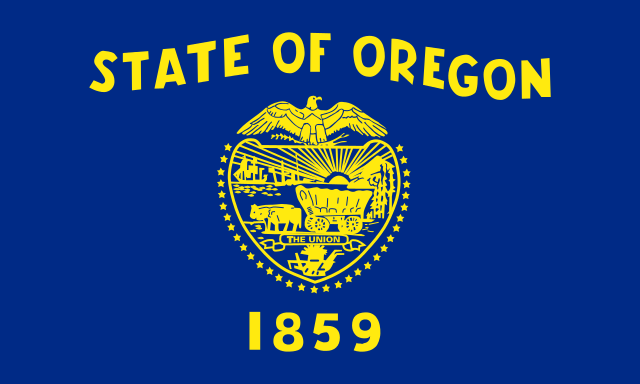Did Oregon break its contractual obligation with public workers when the state cut pension COLAs? That’s what the Oregon Supreme Court will eventually have to decide.
On Tuesday, the court heard the first round of arguments from lawyers representing the state and public employees, respectively. From the Associated Press:
Attorneys representing public employees told the Oregon Supreme Court on Tuesday that a contract is a contract, and the justices should reject the Legislature’s attempt to reduce annual cost-of-living increases for retired workers.
But lawyers arguing on behalf of state and local governments told the justices during oral arguments there’s no evidence that lawmakers four decades ago intended cost-of-living adjustments for retirees to be a contractual obligation.
Keith Kutler, a state Department of Justice lawyer, described the cost-of-living adjustment as a gift or add-on for workers who were already retired in 1971. Because they were already retired, they could not have accepted contract terms, he said.
[…]
Greg Hartman, an attorney for the public employees, said what governments are seeking this time around amounts to a “full-scale assault” on Strunk and other prior rulings.
It is one thing, he said, to make changes to a pension system for workers who have yet to start their careers. It’s another to alter the terms of a deal for workers who agreed to provide service under certain expectations.
“If your promise is ‘we’ll get back to you on what that promise is,’ that’s not much of a contract,” Hartman said.
A few justices pressed government attorneys on the fairness issue. Justice Virginia Linder questioned why the 1971 Legislature was concerned about the future fiscal impact of the COLA if it was not intended to be a long-term contractual obligation.
Bill Gary, another attorney representing governments, countered that actuaries at the time could not determine the cost.
Some background on the pension reforms under the microscope in this case, from the AP:
State and local governments sought the pension cuts last year to avoid steep increases in their contributions to the Public Employees Retirement System. The action reduced employer contributions to the pension by roughly $800 million during the current two-year budget cycle. It’s unknown when the court will rule, but a decision is expected in time for the 2015 Legislature to deal with any fallout.
If the court upholds the changes, retired workers will see their pensions grow at a slower pace. Since the early 1970s, retirees have received an annual cost-of-living increase of 2 percent. Gov. John Kitzhaber and the Legislature reduced the annual adjustment (widely known as a COLA) to 1.25 percent on benefit amounts up to $60,000 and 0.15 on benefits exceeding $60,000.
The public employees may have precedent on their side. In 2003, the state Supreme Court struck down a law that suspended COLAs. The court said at the time that COLAs were part of the contract between the state and retirees.

